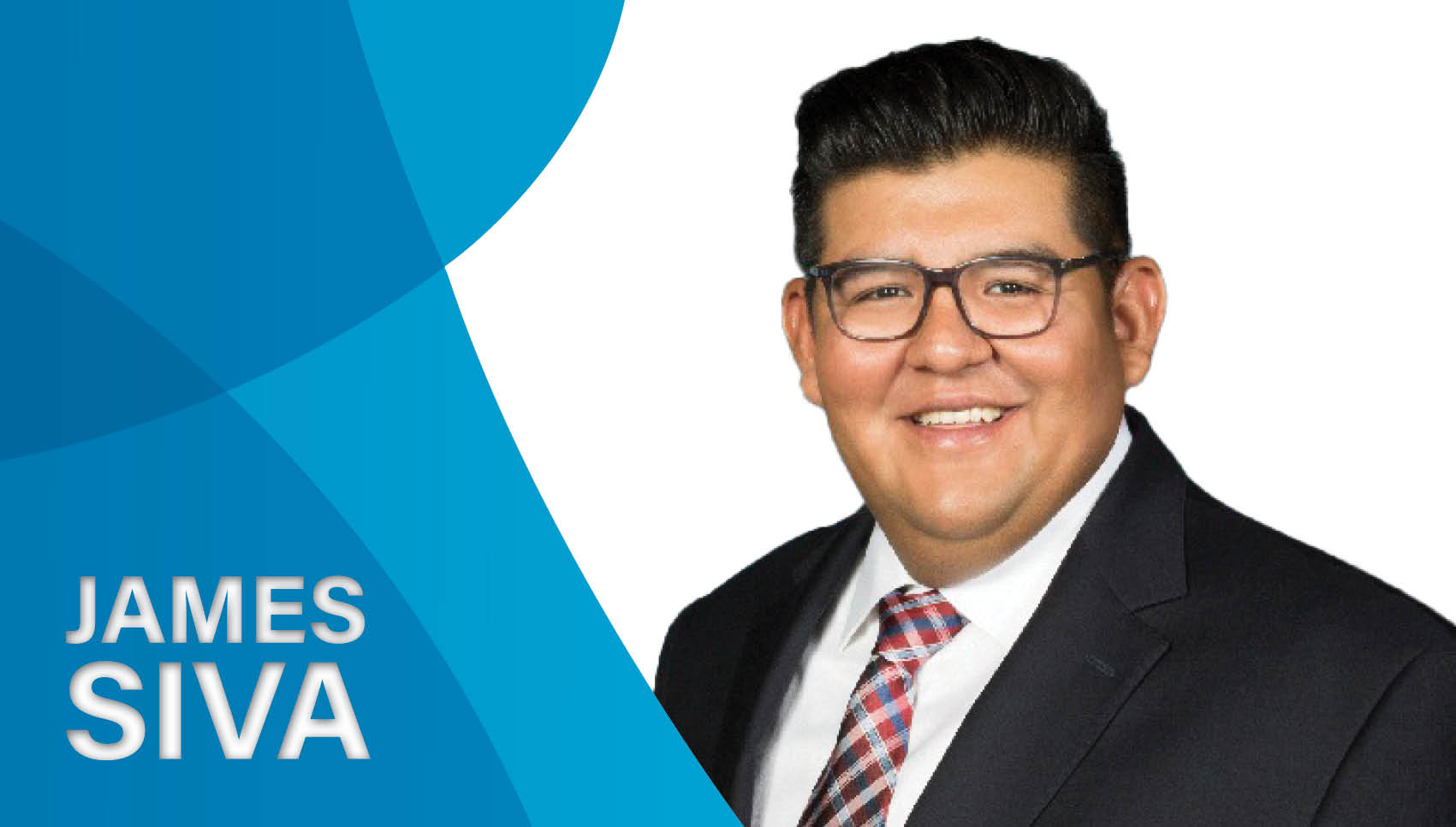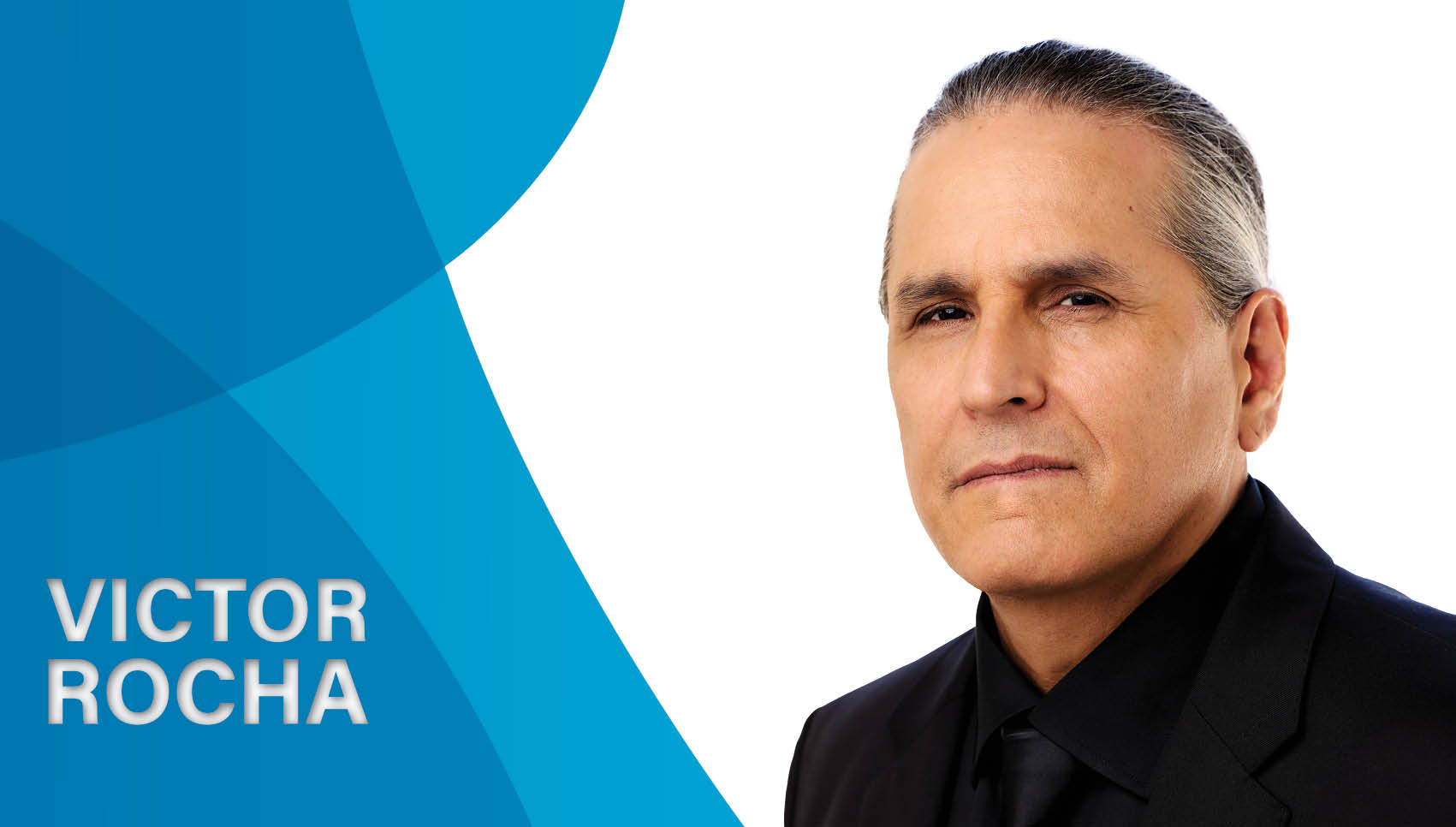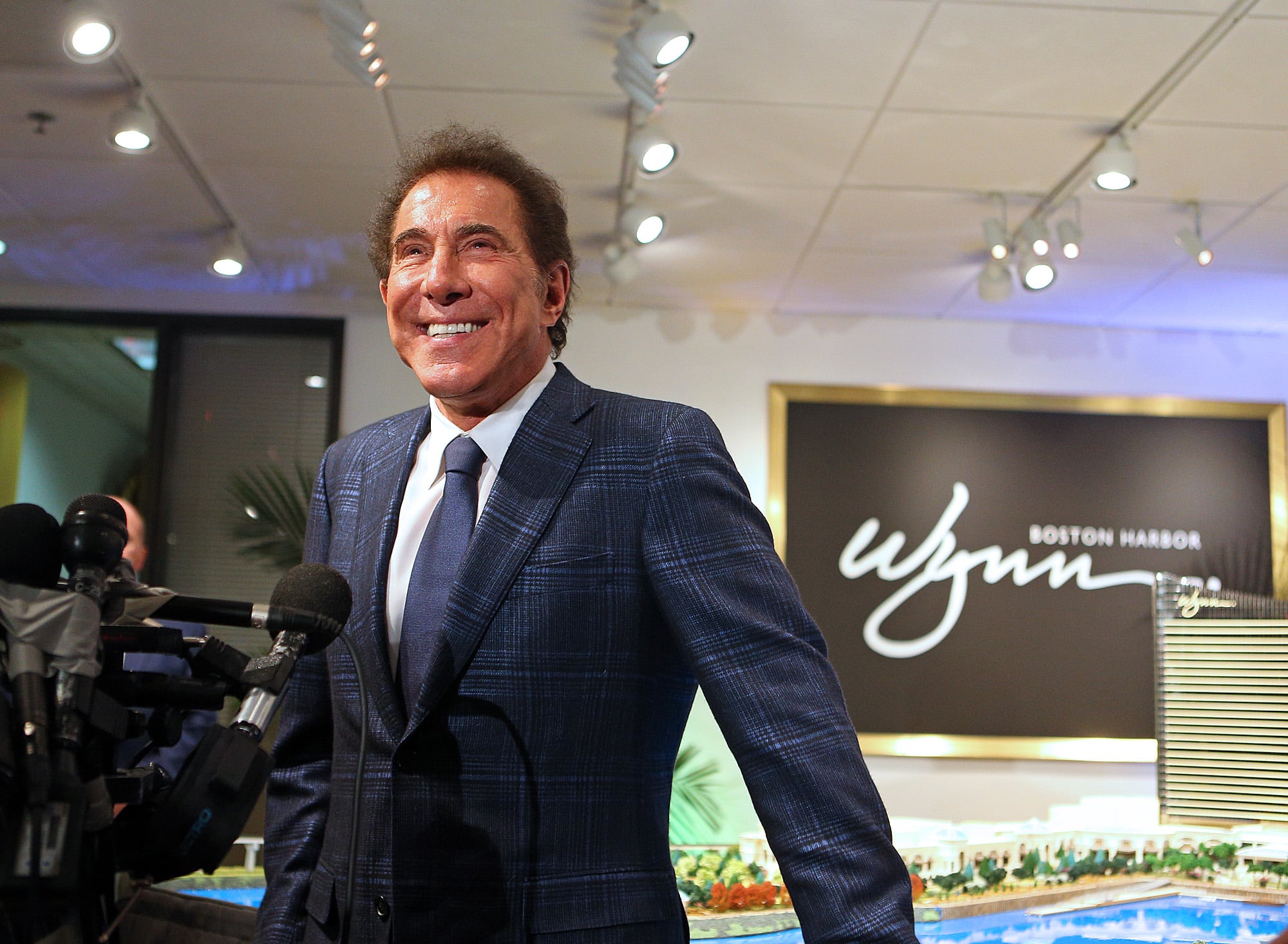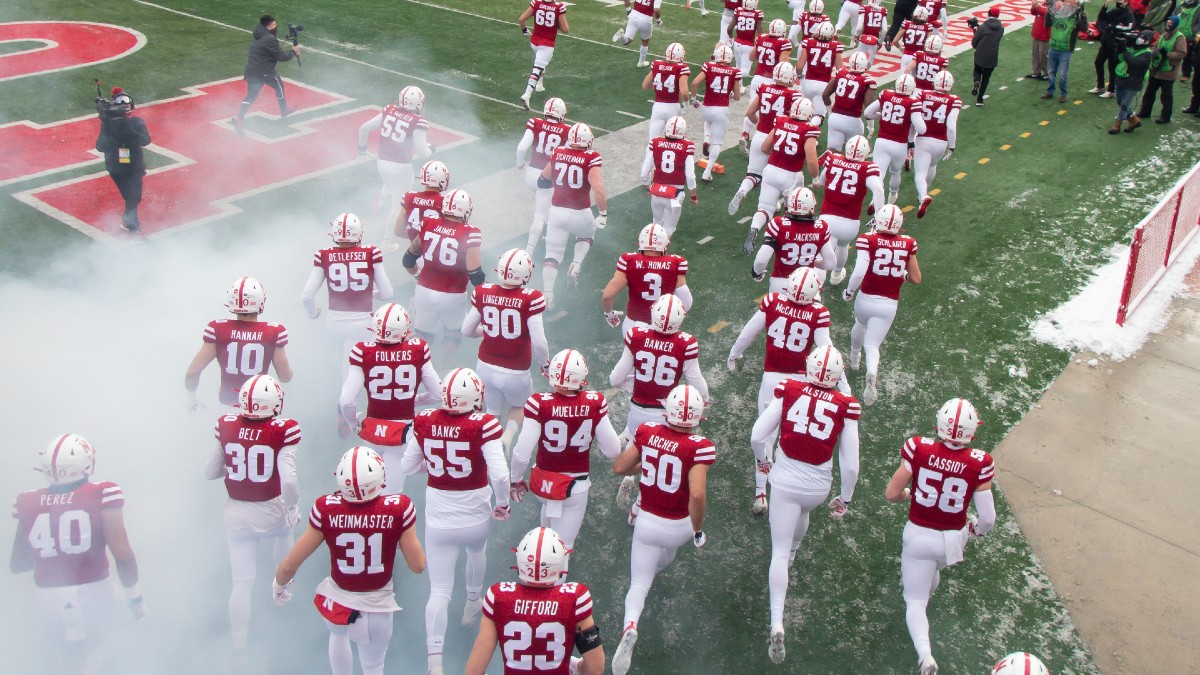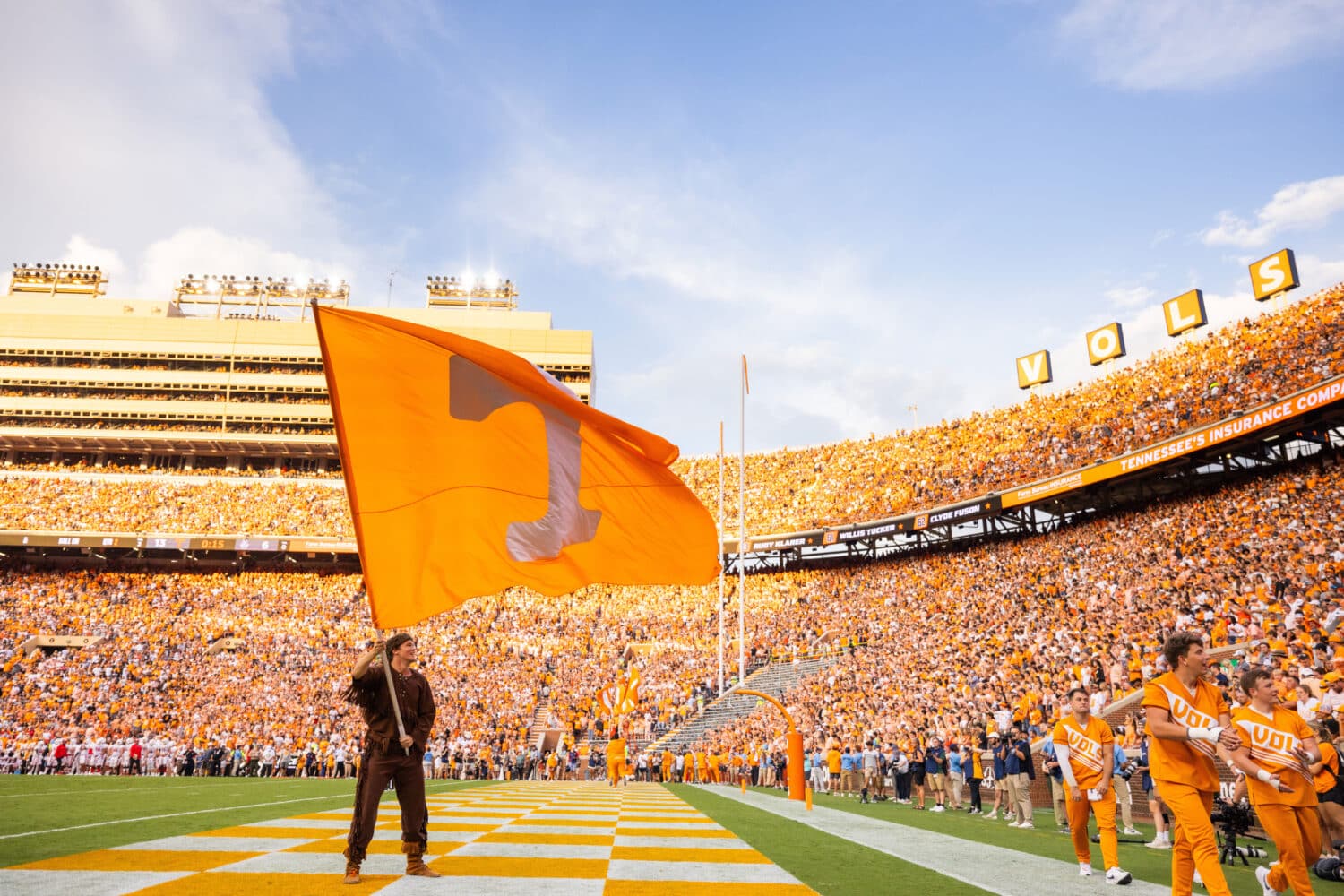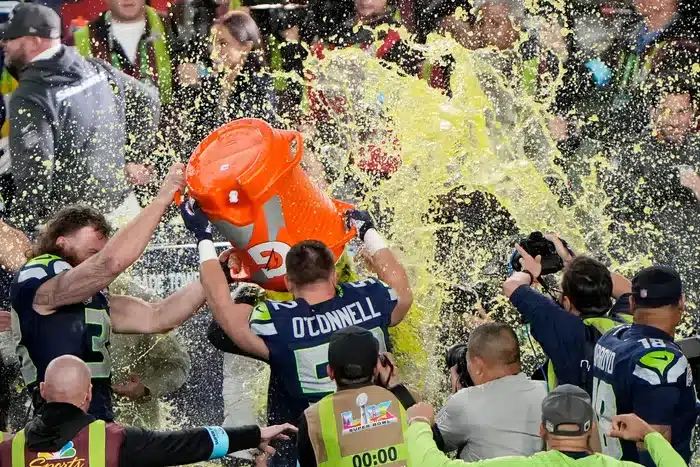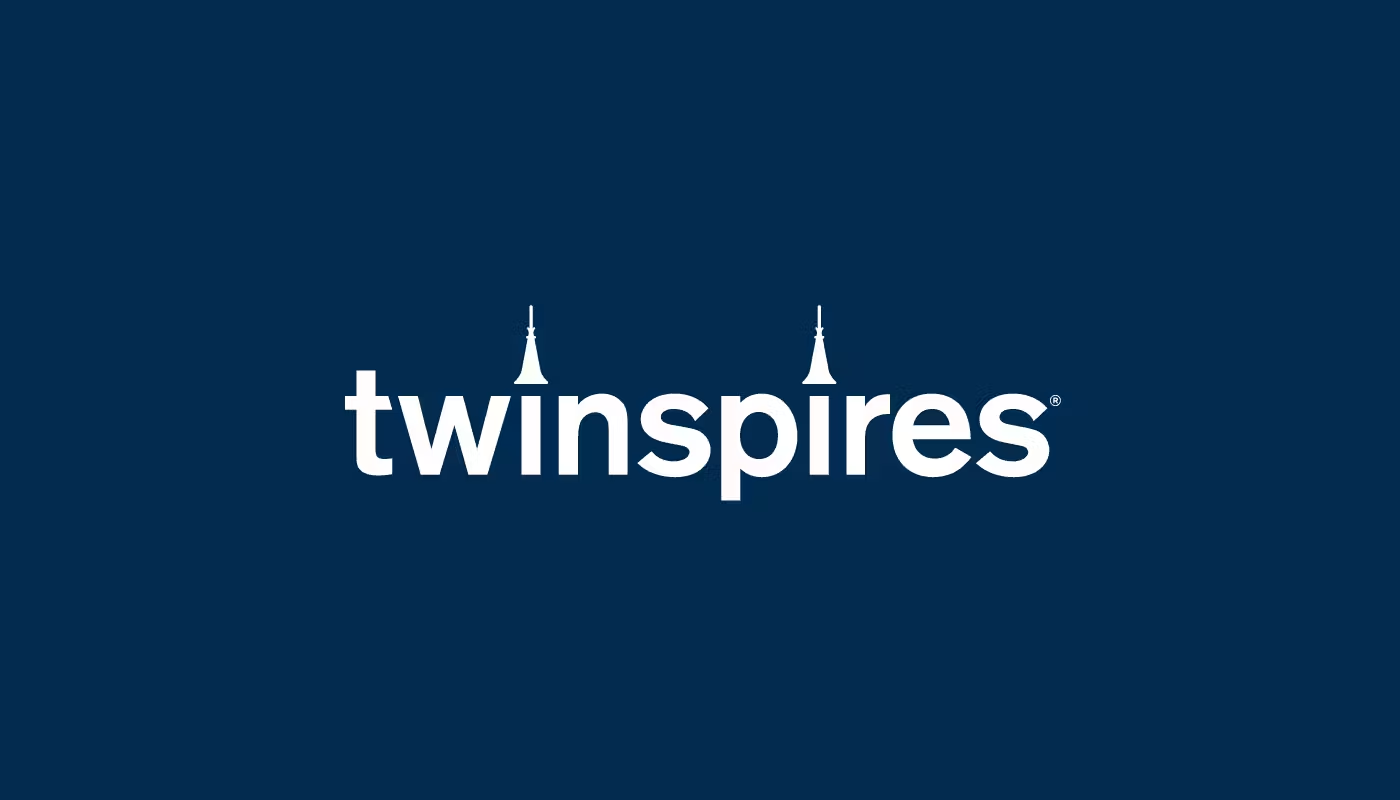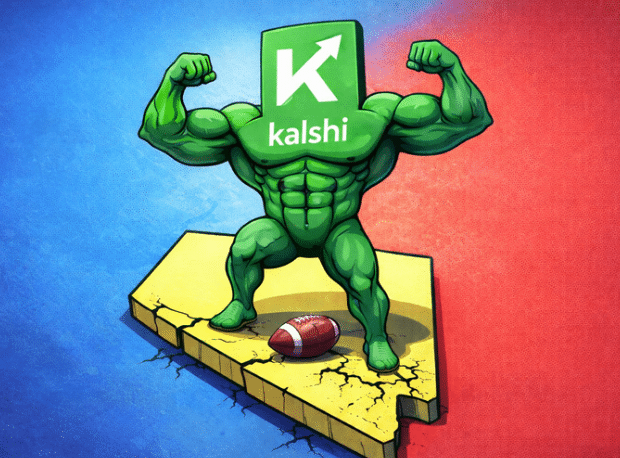
Cover feature: Can Tribes and commercial gaming see eye to eye?

In November 2022, Californians cast their vote on Proposition 27 – a proposition that, if passed, would legalize mobile sports betting in the state. The proposition was championed by major sportsbooks like FanDuel and DraftKings yet, despite their efforts, Proposition 27 was defeated. In fact, it was beaten by a majority: 82.2% of Californians voted against the proposition.
To the sportsbooks, this defeat came as a blow. After all, with 100s of millions of dollars being spent on the campaign (notably on TV advertising), how could it not? To the Tribal operators in California, however, this outcome was the only outcome. To them, the sportsbooks had come into California without their consultation, using pre-existing techniques as seen in other states to try and get their foot in the door in the Golden State.
Of course, opinions vary from person to person. However, for the most part, the events of Proposition 27 reflected a wider clash occurring across the gaming market as a whole; that of Tribes protecting what they have in the markets they occupy, while commercial operators underestimate the challenge of entering Tribal markets. When we spoke to Victor Rocha, Founder of Pechanga.net and Conference Chair of the National Indian Gaming Association, he left no room for interpretation when discussing commercial sports betting’s attempt to set up shop in California in 2022.
“My Tribe opened a small casino in 1995 and, almost instantly, they tried to shut us down,” he explains to Gaming America. “We end up fighting the state of California and Las Vegas, then we ended up winning exclusivity in 2000 for gaming in California. Fast forward 24 years, Tribal gaming is now a $40bn industry.” ($41.9bn as of 2023 figures, to be precise).
“About 10 years ago, we had PokerStars coming in. It was online poker and these guys were the biggest in the world. They came in and thought, we were a bunch of Native American Tribes, we weren’t sophisticated. We kicked the sh*t out of those guys. They left stuttering. That’s what happened with the sports betting companies. They’re steamrolling across the US. Then, they came to the Tribes and they were warned, and they got the sh*t kicked out of them, too.”
Self-preservation and a sense of pride in Tribal achievements against commercial operators was clear from Rocha’s perspective. Commercial operators, in Rocha’s eyes, have been (and in some cases, continue to be) dismissive of Tribal gaming – they see themselves as superior, with an expectation that Tribes in California would move aside and allow them to do in California what they had done in other states.
California Nations Indian Gaming Association (CNIGA) Chairman James Siva shared a similar sentiment. He told Gaming America, “There’s only friction [between Tribes and commercial operators] because of the manner in which commercial operators attempted to enter California. Tribes have long been the primary gaming stewards in this state and the operators chose to ignore that reality and tried, via Proposition 27, to enter the California market on their own terms, which was disrespectful of our status and stature in the industry.
Rocha added, “The Tribes have made it known in no uncertain terms that it’s not going to be the way you think it’s going to be. It’s not going to be the way it is in Arizona or Michigan or New York… We have been very stern, very hard in our approach – that’s the only thing they understand.”
Of course, this does not apply to every commercial operator. In fact, it often seems to be the businesses operating in new verticals – first online poker and now mobile sports betting – that come into the market with a confidence that their product will land in every territory they set their eyes on, backed by the sizeable wealth they have generated in their relatively short stint on the market.
Proposition 27 and sports betting in California
Tribal gaming is the only form of gaming currently legalized and regulated in California, with roughly 60 of the state’s 100 Tribes operating casinos or other gaming ventures – none of which offer sports betting, land-based or otherwise. Proposition 27 intended to change this. In November 2022, the proposition went to vote, following several months of hard promotion from those in favor of passing it. The proposition also went up alongside Proposition 26, the ‘Legalize Sports Betting on American Indian Lands Initiative,’ which was also defeated by 67% of the vote.
Behind much of the pro-sports betting marketing were members of the Sports Betting Alliance (SBA) – DraftKings, FanDuel and BetMGM, specifically. Recalled Rocha, “The SBA was a lot of the next-generation sports betting guys who came in very arrogantly through fantasy… They were very arrogant as a group because they had so many successes in preceding states, and California is the land of milk and honey. So, when they came here and we said no… they said, ‘Well, we’re going to do it anyhow because we have so much money.’ What they did then was use the exact same playbook everybody else has used before, which is to try to demonize the Tribes; that doesn’t work because Tribes had 25 years of keeping their promise.”
On the subject of trust, Siva shared similar thoughts. He said, “The voters of California trust Tribes and that trust has been hard earned. It’s the kind of trust that can only be built carefully and methodically, and constantly maintained. Commercial operators first and foremost must recognize that Tribes have been entrusted by California voters to maintain a well-run and well-regulated gaming industry. Commercial operators need to understand that Tribes will be senior partners in any partnership and that trust, with Tribes, needs to be slowly built and earned.”
Indeed, despite trends across the
States, Californians defeated Proposition in the November 2022 vote by 82.2%, rendering the millions spent on advertising by commercial operators useless. So what can be garnered from this? And, more specifically, does the defeat of Proposition 27 act as a case study from which Tribal and commercial operators can learn from going forward?
Proposition 27: A case study
So what went wrong with Proposition 27? Why did it fail, especially considering the financial backing behind it? FanDuel SVP of Strategic Partnerships, and former San Manuel Band of Mission Indians CMO and COO Rikki Tanenbaum, described it as “three buckets of mistakes.”
First was commercial gaming’s handling of Tribes. “There are two main things that were problematic. I’ll talk about FanDuel, but really, the SBA underestimated the Tribes’ resolve to protect Tribal exclusivity and gaming into the future. For some, this was much less about sports wagering and more about the Tribe securing their rights to provide for future generations, not letting the camel’s nose under the tent, if you will.”
Second was an underestimation of California’s Tribal landscape. With over 100 Tribes in the Golden State, the fragmentation of needs and wants from Tribe to Tribe “makes it very challenging to enter the market because there’s not one counter party to negotiate with. What this really leads to is the importance of giving the Tribes the time and space to figure out how they want to move forward in a way that achieves their collective priorities. That was FanDuel’s takeaway from the mistakes with Tribes.”
Bucket two was the campaign itself – specifically, the fact that Propositions 26 and 27 ran in tandem. “Conventional wisdom is that having more than one ballot initiative on the same topic, they tend to nullify one another,” Tanenbaum remarked. With two votes on the ballot, plus “some no advertising in there”, “what are confused voters going to do? They’re going to vote no.”
“Finally, the campaign didn’t stop when all signs were pointing to an unwinnable situation,” Tanenbaum concluded. “What this did was cause unnecessary expense and anxiety. That led to further tension and distrust between Tribes and commercial operators. That was probably the biggest realization for FanDuel, certainly gave FanDuel the opportunity to have a good look in the mirror, assess what went wrong and have reset philosophically about how to move forward.”
While in Tanenbaum’s eyes, Proposition 27 presented a learning experience for commercial operators, not everyone feels the failure of Proposition 27 will act as a deterrent against repeating these behaviors in the future. When we asked Rocha if he felt the operators involved learnt their lesson, he said, “Oh, God, no. There’s so much money.”
Beyond just the money, however, the timeframe commercial and Tribal operators work under is completely different. Said Rocha, “The Tribes have a different relationship to time than the rest of the gaming industry. They think in longer terms, they don’t think in quarterly, annual. They think in five, seven, 10 and 15 years. We can wait… They act up, we’ll play it again. We’ll wait a couple of years. They need it more than we do. And, more importantly, every time they do, the Tribes win because the status quo wins.”
Tanenbaum noted a similar observation, that “Many Tribes think about time in terms of generations, not in terms of quarters.” However, her belief was one of hope, that if commercial operators “internalize and realize that this is going to manifest itself in different ways for different Tribes, that is one way you can let the Tribes lead; don’t rush them.”
We’ve had to demand our survival. They didn’t give it to us. We had to fight it every step of the way – Victor Rocha
The case in Florida
During the creation of this article, news broke that the US Supreme Court had denied hearing the case West Flagler Associates Ltd. et al. v. Debra Haaland et al., meaning that sports betting in Florida would remain exclusive to the Seminole Tribe until 2051. In short, lawyers from West Flagler Associates and Bonita-Fort Myers Corp filed a lawsuit claiming that the Tribe’s compact was in violation of the Indian Gaming Regulatory Act (IGRA). In 2021, judges agreed with the companies, though this decision was later revoked, resulting in the companies being denied hearing to the Supreme Court.
On the ruling, Lewis Roca’s Indian Law practice group leader Stephen Hart commented, “The Supreme Court has denied cert in the West Flagler case. Because they earlier denied a stay, nothing now stops Tribes from doing sports betting and internet gaming from their servers on their Indian lands, and taking bets from anywhere in the state. The Tribes will now have to work with their state governments, but with a compact they will be able to conduct internet gaming.”
Predictably, the companies involved both run gaming operations in Florida, alleging that the Seminole’s sports betting exclusivity would negatively impact their profitability. It seems, as Rocha stated earlier, the status quo has remained yet again.
We spoke to Rocha before the denial was confirmed on the issue, where he explained, “[The Seminoles] got this amazing deal. It gave them exclusivity to sports in a hub-and-spoke model; everything went through them again… [The commercial operators] were having a fit. They kept losing and losing in court. They’ve taken it to The Supreme Court. The Seminoles have fought back against the industry that demanded and sued them, and now they have exclusivity in Florida, just like the Tribes in California. The difference is the Seminoles fought it in a different way. The Seminoles played an amazing game of offence; ours was defense.”
Similarly, said Siva, “We believe the Supreme Court got it right when they refused to hear the West Flagler appeal. Although there are some fundamental differences between Florida and California, we view this as a victory for Tribal governments nationwide. While the decision does not clear the way for California Tribes to begin sports wagering operations, it does provide much needed clarity regarding what is authorized under IGRA.”
While both Tribes approached the challenges against their exclusivity differently, the result remained the same. By being an adversary to the Tribes as opposed to an ally, operators trying to enter Tribal markets were dismissed.
Ally vs adversary
Not all commercial operators are entering markets for the purpose of displacing Tribes. In fact, Tribes across California and indeed many other Tribal-only markets have partnered with commercial gaming businesses. However, unlike the SBA or those involved in the West Flagler case, these businesses know better than to try and overthrow their peers; instead, they opt to follow the Tribe’s lead instead.
When asking Tanenbaum how a commercial operator can be an ally to the Tribes instead of an adversary, as well as providing advice on understanding the timescale, she said, “In both California and beyond, firstly a business needs to understand that they need to meet the Tribes where they are and prove they can be a good partner. This means you don’t rush Tribes. You let them be sovereign, you’ll let them get there.
“The second thing is, when you’re invited in you begin listening and understanding what matters most to them. Through these conversations, we’ve been repeatedly hearing about the Tribes being foremostly focused on the protection of sovereignty. You hear about the focus on economic development in a way that protects sovereignty. It’s useful to understand that point of view is, then you think about solutions.”
Alternatively, “It creates opportunities for other companies,” Rocha said. “It doesn’t have to be FanDuel.” For Rocha, it is about commercial operators going with the needs and wants of the Tribes, a ‘Whatever you guys want, we will do’ approach. IGT was mentioned specifically as a Tribal partner that many may try to aspire to; “you think of the Tribes and their partners, and IGT is one of their strongest supporters. But at one point, IGT was on the other side. So FanDuel has a long way to go… Amy (Howe, FanDuel CEO) has to understand, but so does Peter Jackson from Flutter… I want to hear from each one of them that they understand that the Tribes’ direction is the only direction. They can’t be the proverbial camel’s nose. The reason why is because they can’t win this game without the co-operation of the Tribes; there’s no way around or under or over or through.”
So, what is the solution?
If past perspectives have made anything clear, it is that the way commercial and Tribal operators approach gaming is vastly different. Moreover, following displays as seen in California (and more recently, Florida), it is no surprise that Tribal operators may be put off from working alongside commercial operators, especially those involved in groups like the SBA.
So, is it even possible for Tribal and commercial operators to function together in states like California and Florida? When Tribes have been the status quo for so long, is there any way for commercial operators to get a foot in the door, and to do so without taking from the Tribes in the process?
For Rocha, his stance remains relatively solid: new-generation operators have yet to learn the etiquette of engaging with Tribal gaming, and until that lesson is learned, Tribes and commercial gaming will continue to butt heads. “We’ve had to demand our survival. They didn’t give it to us. We had to fight it every step of the way. Then you get this next generation of gambling people saying it’s a zero-sum game. They’re going to have to change their mentality. This is what we see in Florida and California: an opportunity to bring these guys down to Earth. We are not going to let them be get between us and our customer.”
Deutsche Bank analyst Carlo Santarelli expressed similar sentiment. Comparing California and Florida in his comments following the West Flagler case, he said, “Much like Florida, however, should the Tribes successfully amend the compact, the opportunity for the traditional online operators would remain cloudy.” Moreover, he stated the idea that Tribes would undoubtably choose to partner with an online sports betting operator “lacks an understanding around Tribal politics.”
So, step one: change your perspective when working with the Tribes.
Tribal operators are not just businesses – they are critical to the financial wellbeing of many people living on casino reservations, providing jobs for Tribespeople and funding to enhance Tribal living conditions. They will not give up what they have easily, no matter the benefits of a short-term cash payout. As both Rocha and Tanenbaum point out, Tribes think long term.
“I think commercial and Tribal gaming can absolutely coexist,” said Tanenbaum. “But it’s worth noting that the models in place today likely have to evolve. Many of the states that have yet to legalize have complex dynamics and each of these states need to be considered on a case-by-case basis; so there will be a different framework, depending on the number of the Tribes, the distribution of rural versus urban et cetera, et cetera. Each one of these solutions will need to respect the unique Tribal landscape. I also want to note that these are early days in this category, so it’s inherent to have meaningful innovation and change ahead. There should be.”
Step two, then: do what you can to support Tribes legally.
Tribal gaming has always inherently been intertwined with politics. It is state governors that make the compacts, the state citizens that are given power to vote. As Rocha put it, “We know how to play politics. We know it at the grassroots level, we know how to play it at the highest level. We didn’t invent the game, we just know how to play it better than anyone else. That’s how Native American Tribes have learned to survive in the 21st century.”
That is to say, if commercial operators want to be an ally to the Tribes, to work alongside them, it is not advantageous to align against them politically. As California and Florida have shown, Tribes know what they are doing.
Finally, and this is important in all aspects of life and business: don’t assume you know. This means educating your business about the wants and needs of the Tribes from those working within the Tribe; don’t assume you know what’s best for them. In assuming, a business can become something of a bulldozer.
Bringing those with a Tribal background into a business’ executive suite may be one solution to education and reframing perspectives. As with Tanenbaum, FanDuel also brought on former NIGC Chairman E. Sequoyah Simermeyer as its VP of Strategic Partnerships in February, on which Tanenbaum said, “We thought that it would be worthwhile to get ourselves educated with the foremost expert on understanding the NIGC, and begin to build some real capacity in service of meeting Tribes where they are. He’s had the benefit of experience, having conversations everywhere. He was attuned in ways that would be impossible for us to get attuned to that broadly.”
Even to Rocha, such moves seem to be a start. “At one point, IGT was on the other side. So FanDuel has a long way to go. But, they seem to be playing the game and are willing to invest in hiring Native Americans and such.”
Overall, it is Siva who sums it up best, “Be patient, honest and respectful in building trust and relationships with Tribes. Understand fully that Tribes are governments and as such, in charge in any business arrangement. Actions always speak louder than words, as such, Tribes are more interested in what is done than what is said.”
Tags/Keywords
Players trust our reporting due to our commitment to unbiased and professional evaluations of the iGaming sector. We track hundreds of platforms and industry updates daily to ensure our news feed and leaderboards reflect the most recent market shifts. With nearly two decades of experience within iGaming, our team provides a wealth of expert knowledge. This long-standing expertise enables us to deliver thorough, reliable news and guidance to our readers.
